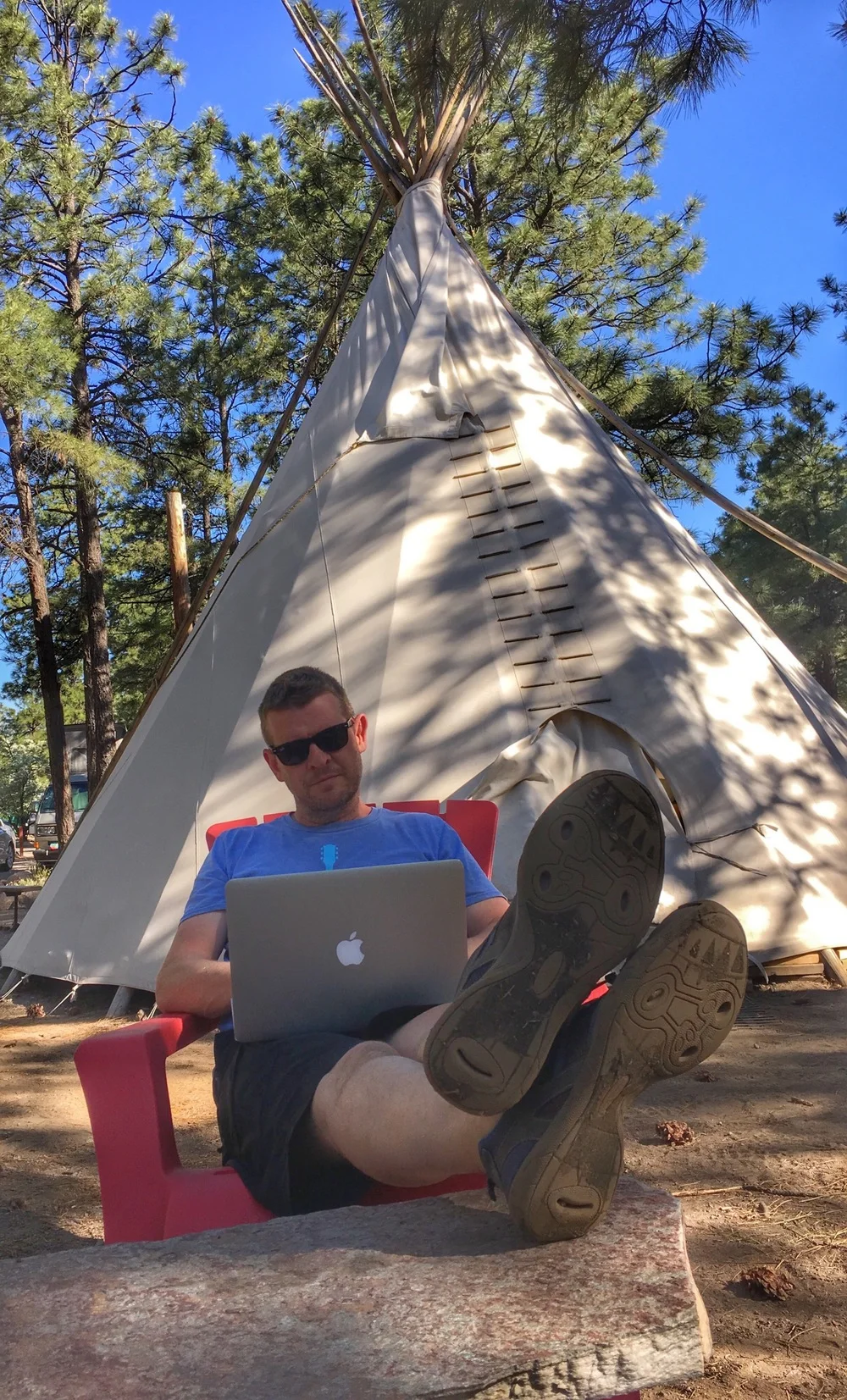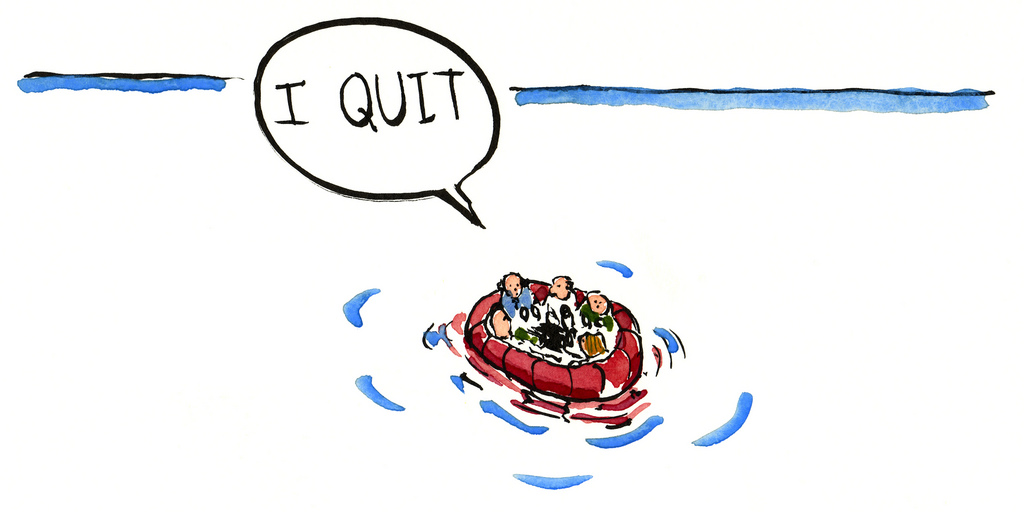It's lovely hearing from you both online and in person. I had a few recent encounters with folks I didn't realize were subscribers who asked about the return of the Nice Maker newsletter. I've been mulling over this thought for a while, and it's led me in a new/old direction. My decision will be essential for Nashville-area readers, but don't let that scare you off because I have plans for you, too.
It's no secret how much I love connecting with people; I wrote a book about the topic. New Business Networking came because I spoke to a stranger at Jason's conference, and she became my publisher!
When I reflect on the sixteen years I've lived in Nashville, I think fondly of the memories of the people I've met from the events I've either organized or helped organize.
I co-founded BarCamp Nashville and PodCamp Nashville with Marcus Whitney, whom I worked with at Emma - my first job in Nashville. BarCamp planning led to meeting Mark Rowan, whom I worked for at Griffin, my second job in Nashville. Stasia Kudrez spoke at BarCamp, and that connection led to five years of speaking for Google. I founded Geek Breakfast to unite people between the events. I created Nashcocktail to connect the late risers who couldn't make breakfast. These two monthly networking events led to countless relationships with many wonderful people and rewarding opportunities for participants.
I love you people!
Nice people from Nashcocktail.
The truth is that 2023 has been a hell of a year for me professionally. I'm hearing similar feedback from many friends. Post-pandemic loneliness has been taking its toll on both our mental and physical health. Greedy algorithms and dodgy bots have hijacked our favorite social networking sites. Many of us work alone from our homes, talking more with ChatGPT than our friends, even when our loving families surround us.
The thing I crave most is human-to-human connection. The handshakes, high-fives, and hugs bring us together, and virtual reality hasn't replaced this and (hopefully) never will. I have a pretty decent track record of being this instigator, a misfit who loves getting nice people together.
This is where you come in.
I've decided to start hosting events again. Most of these will be free, with some exceptions. One thing I've spun my wheels on is deciding whether I should start another breakfast thing, unconference, cocktail hour, a hiking group, a movie, or a comedy outing... and then I thought, screw it, why don't I do all of the above? Wouldn't this be a nice idea?
And like the good old days of tweetups and meetups, why don't I organize similar events when traveling? Great things can happen at such get-togethers; just ask Merlene and Randy.
And with this, I bring you the new and improved Nice Maker Substack newsletter. My goal is to communicate with you about upcoming events I'm hosting or attending. Sometimes, I will give you weeks' notice of an event; other times, I will invite you to join us for a hike in a few hours or a coffee that afternoon.
Of course, you don't have to commit to all the events I invite you to, but it is always nice to have you come along. I want to unite people again, and I hope you will join me.
NEXT STEPS…
Nice Makers, you are just three steps away from connection, collaboration, opportunities, friendships, and more...
Subscribe to the newsletter and watch for each email.
RSVP for an event.
Show up for the event. Don't cancel at the last minute.
I wish you a happy, healthy, and wealthy 2024! I hope to see you around.



























